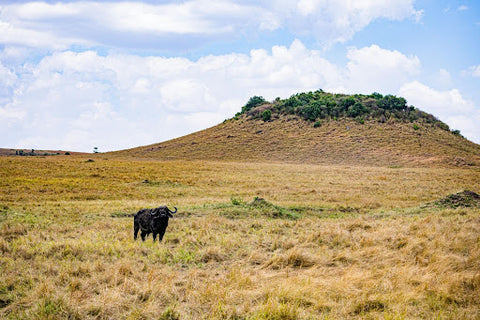"The earth does not belong to us. We belong to the earth." - Chief Joseph, Nez Perce
A recent trip through Nevada, Arizona, and Colorado to visit some of the country's most spectacular national parks left me humbled and speechless. Reeling from my experience, I could not help but wonder about the Native Americans in this country—their lives, beliefs, habits, the way they raised their children, and how they viewed their purpose in life.
Back in New Hampshire, as we get settled back to “normal,” it’s hard not to feel a disconnection from the natural world around us. Almost by inertia, we wake up, get the kids out the door, sit down in front of our computers, and get lost in our daily microcosm, rushing through the day only to do it again tomorrow – a far cry from the reverence and mindfulness with which Native Americans approached each day. I refuse to believe this life we’ve created for ourselves is “normal.”
We have a lot of waking up to do.
"Listen to the wind, it talks. Listen to the silence, it speaks. Listen to your heart, it knows." - Native American Proverb
Native American tribes may not roam freely like they once did, but their presence in the land is still palpable. As sad as it may be to see their traditional ways of life diminished, there's a beacon of wisdom we can glean from their heritage, particularly regarding healing and well-being.
One of the most striking aspects of Native Americans is their reliance on herbs, flowers, and plants for healing and well-being practices. These remedies weren't just about fixing physical issues; they were meant to deepen the connection between mind, body, and spirit.
Take, for instance, the Cherokee tribe's use of echinacea plants for immune support. They drank echinacea tea to fight bacteria. Its roots were particularly effective for wound healing.
Or the Navajo's use of sage for purification rituals. These practices weren't merely superstitions but were grounded in a deep understanding of botanical medicine learned over generations. Sage today grows wild on the side of the road. We use it as a spice in our food, but there’s evidence of its tranquilizing properties, which could help with anxiety.
Purslane, an herb with high levels of magnesium and omega-3 fatty acids, can combat fatigue and help ease depression. Native Americans made teas out of it or used the juice of purslane leaves to soothe insect bites and mild burns.

Today, in an era when pharmaceuticals often have side effects, many are turning back to nature for gentler alternatives. Science is beginning to catch up, validating the efficacy of traditional remedies. For example, research has shown that compounds found in plants like turmeric possess potent anti-inflammatory properties, echoing the age-old wisdom of indigenous healers.
But it's not just about the plants themselves; it's about the mindset with which they are approached. Native Americans didn't view plants as commodities but as sentient beings deserving respect and reciprocity.
"We do not inherit the earth from our ancestors; we borrow it from our children." - Chief Seattle, Suquamish Tribe
They understood the importance of sustainability, harvesting only what was needed and giving back to the earth in return. In contrast, our modern approach often prioritizes profit over sustainability, leading to overharvesting and ecological degradation.
"Listen to the wind, it talks. Listen to the silence, it speaks. Listen to your heart, it knows." - Native American Proverb
Perhaps the most profound lesson we can learn from Native American healing traditions is the art of listening—to the land, to our bodies, and to each other. We've lost touch with these fundamental connections in our rush towards progress. We've forgotten to pause and listen to the whispers of the wind or the rustle of leaves, to heed the messages encoded in the natural world.
“It does not require many words to speak the truth.” -Chief Joseph, Nez Perce
As we navigate the complexities of modern life, perhaps it's time to rekindle this ancient wisdom, to relearn the art of listening and honoring the earth. In doing so, we may find healing not only for our bodies but also for our souls. It's time to awaken from the slumber of our fast-paced lives and rediscover the timeless wisdom that lies in nature all around us.
Embracing Native Wisdom: Healing, Sustainability, and Therapy Clean
In our modern rush towards progress, it's easy to feel disconnected from the natural world around us. Yet, as we reflect on the wisdom of Native American healing traditions, we're reminded of the profound connections that exist between mind, body, spirit, and the earth. Just as Native Americans approached healing with reverence and mindfulness, Therapy Clean honors these principles in its commitment to sustainable and natural cleaning products. Much like the Native Americans' deep respect for the plants they use, Therapy Clean products are crafted with care for the environment, using botanical ingredients to create effective solutions that promote well-being. By embracing the lessons of listening, sustainability, and reciprocity from Native American traditions, and incorporating Therapy Clean into our lives, we can reconnect with the healing power of nature and create a more harmonious relationship with the world around us.









